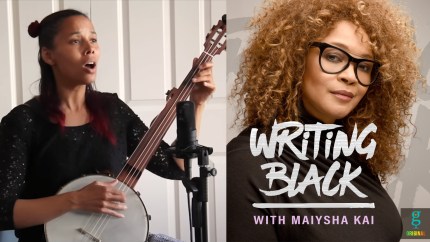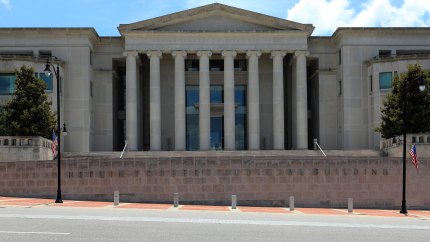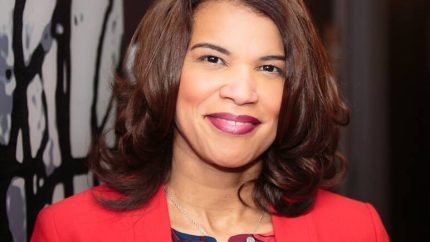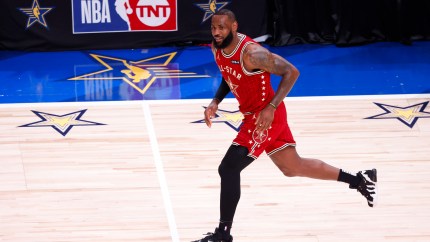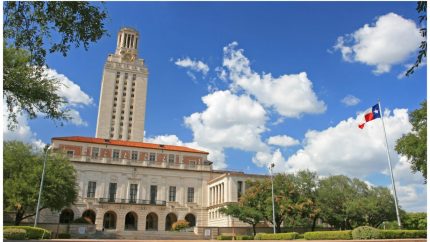Introducing ‘Harlem and Moscow’ and ‘Harlem and Moscow Red Flags,’ from theGrio Black Podcast Network
OPINION: In 1932, prominent members of the Harlem Renaissance movement made a trip to Moscow that didn’t turn out quite as planned.
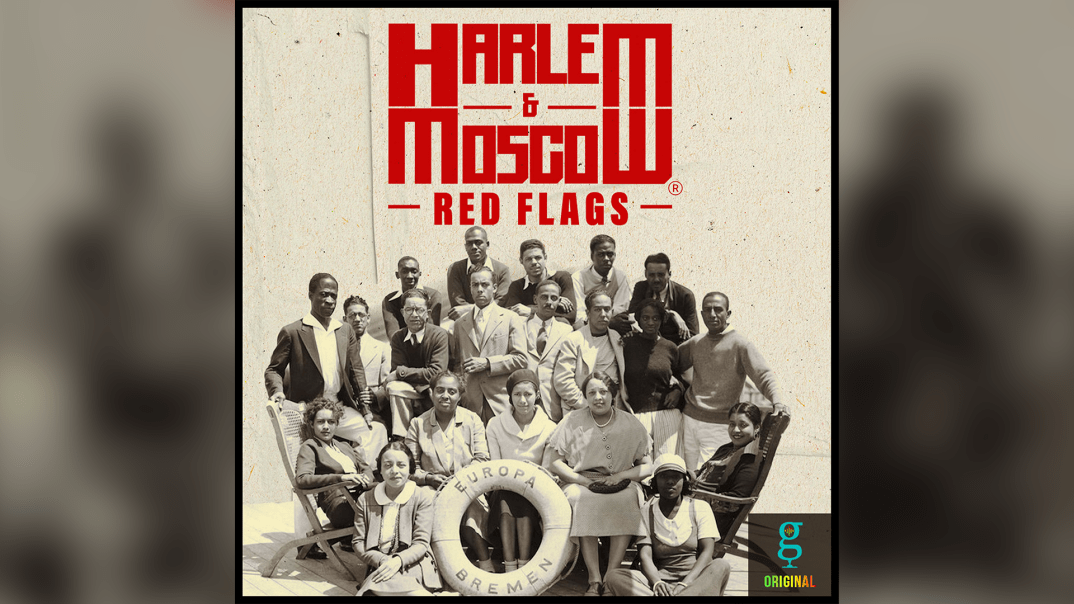
Editor’s note: The following article is an op-ed, and the views expressed are the author’s own. Read more opinions on theGrio.
The Harlem Renaissance has long been one of my favorite topics to discuss. It wasn’t quite a defined era; you can’t bookend it with agreed-upon, celebrated dates. What it was, though, is now the stuff of legend — an intellectual and creative revival featuring a collection of some of the most creative, interesting and revolutionary thinkers, writers, activists and creatives in Black history, all centered in and around the most romantic location in all of Black history: Harlem. Undoubtedly, the Harlem Renaissance is partially why the idea of Harlem looms so large in the Black consciousness and what happened there in the 1920s and 1930s is still important to the Black community today.
From Langston Hughes to Zora Neale Hurston. Countee Cullen to James Van Der Zee. Dorothy West to Jean Toomer. Wallace Thurman to Nessa Larsen. Alain Locke to Claude McKay. The list goes on and on, and those writers, poets, photographers and thinkers created bodies of work that responded to the times. Seeking liberation through art and activism — and not always agreeing on what that looked like — the figures of the Renaissance were often seeking ways to expand their footprint while being seen as the full beings they were. So when an opportunity came along in 1932 to make a movie in Moscow (in the now decade-old Union of Soviet Socialist Republics or U.S.S.R.), a group of 22 creatives and journalists tied to the Harlem Renaissance decided to make the trip to create a potentially star-making film called “Black and White” in what they hoped would be a land where color didn’t matter and their experiences wouldn’t be limited because of race as they were in the United States.
“Harlem and Moscow,” is an original audio play from theGrio Black Podcast Network based on the true story of the trip from Halrem to Moscow, told from the perspective of novelist Dorothy West (who would go on to write the classic Harlem Renaissance era novels, “The Living Is Easy” and “The Wedding”) as she recounts the events to her mother at their Martha’s Vineyard home in Oak Bluffs, Massachusetts. On this trip were such luminaries as Langston Hughes, Mollie Lewis, Henry Lee Moon, Theodore Poston, Louise Thompson and Mildred Jones, among others.
Recommended Stories
The trip didn’t go as planned as some of the issues present in America, unsurprisingly, presented themselves in different ways in the Soviet Union. In Dot’s retelling, we get an understanding of this now-famous trip and what it meant for all of the individuals who took the voyage.
Written by playwright Alle Mims, the six-episode audio play stars actor and comic Evan Simone Frazier as Dorothy West, Grammy Award-winning poet J. Ivy as Langston Hughes, as well as singer/songwriter Tarrey Torae, poet/influencer Kyla Lacey and Nancy Gilliam, a singer on the original soundtrack to “The Wiz.” The tale is narrated by theGrio’s Jared Alexander.
In addition to the story told in “Harlem and Moscow,” is the three-part companion podcast, “Harlem and Moscow Red Flags.” In one part, I lead a panel discussion about race and class implications leading up to the trip. Writer and “TheGrio Daily” host Michael Harriot also leads a panel discussion. The companion episodes will discuss how race, class, gender, sexuality and more would collide on this trip and impact both those who went and what experiences were had by the participants on the now-legendary voyage to the other side of the world.
“Harlem and Moscow” and “Harlem and Moscow Red Flags,” from theGrio Black Podcast Network will be available wherever you get podcasts on March 28.

Panama Jackson is a columnist at theGrio. He writes very Black things, drinks very brown liquors, and is pretty fly for a light guy. His biggest accomplishment to date coincides with his Blackest accomplishment to date in that he received a phone call from Oprah Winfrey after she read one of his pieces (biggest), but he didn’t answer the phone because the caller ID said: “Unknown” (Blackest).
Make sure you check out the Dear Culture podcast every Thursday on theGrio’s Black Podcast Network, where I’ll be hosting some of the Blackest conversations known to humankind. You might not leave the convo with an afro, but you’ll definitely be looking for your Afro Sheen! Listen to Dear Culture on TheGrio’s app; download it here.
Never miss a beat: Get our daily stories straight to your inbox with theGrio’s newsletter.
